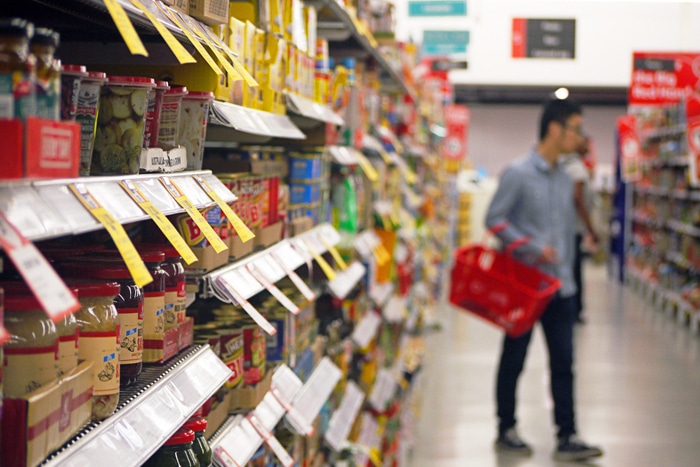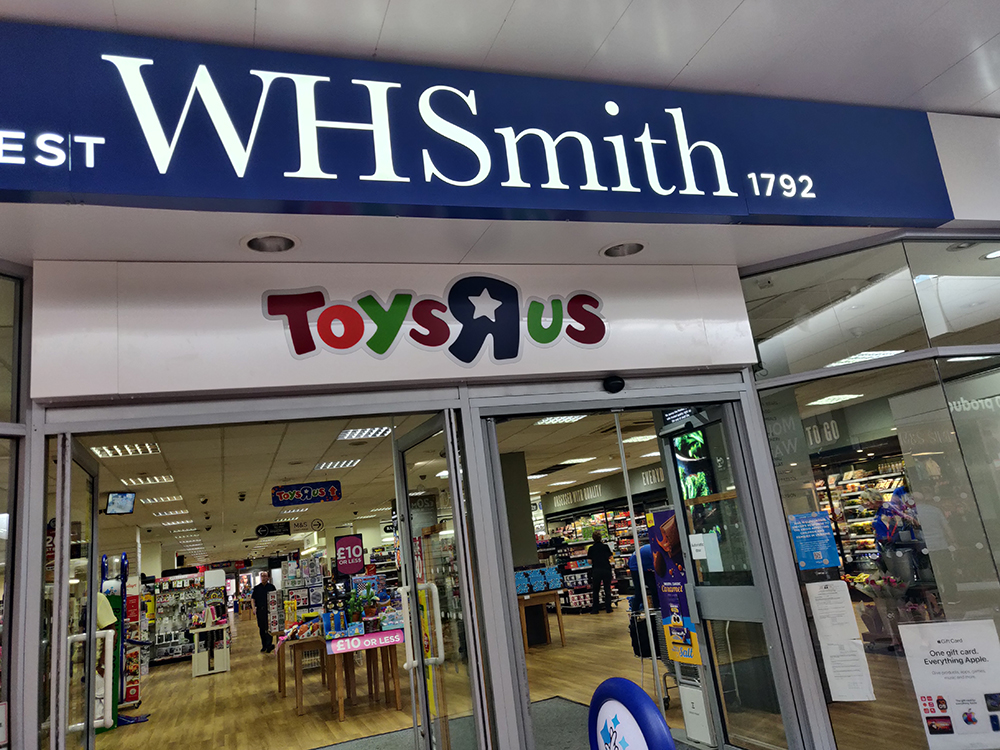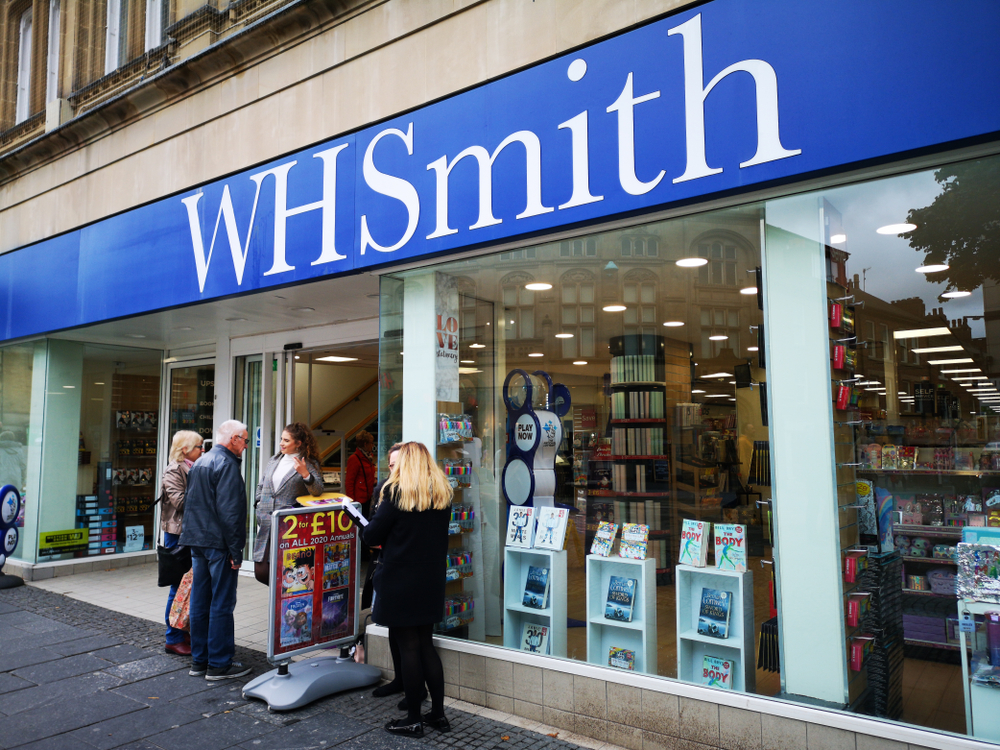Overall inflation in the UK remained steady in October as a drop in food and clothing prices helped offset higher prices for utilities and petrol.
New figures from the Office for National Statistics (ONS) show the Consumer Prices Index (CPI) was unchanged at 2.4 per cent last month.
Economists had been expecting inflation to rise to 2.5 per cent.
Overall food and non-alcoholic drink prices dipped 0.2 per cent compared to a rapid inflation this time last year, and continuing a trend seen since September.
In particular, shop prices for oils and fats dropped by 6.3 per cent month-on-month, while milk, cheese and eggs shop prices dipped 1.4 per cent.
Overall clothing prices also placed downward pressure on national inflation, sliding 0.5 per cent.
READ MORE:
- October shop prices back in deflationary territory
- Footfall dips 2% as consumers hold out for Black Friday & Christmas
- October offers retailers little relief as sales remain cautious
- Retail sales see biggest drop since March as food sales dive
- Grocery spending growth halved in October as retailers hope for Christmas boost
Footwear prices especially weighed on the fashion retail sector with a monthly decline of 1.3 per cent.
However, there were higher prices in recreation and culture, climbing 0.7 per cent month-on-month, driven by a 1.7 per cent price rise in books and a 2.3 per cent uptick in games, toys and hobbies.
Despite this, economists had expected utilities and petrol prices to drive inflation.
Gas and electricity prices grew two per cent, while liquid fuels jumped by 7.2 per cent.
Meanwhile, motorists had to deal with petrol being up by 0.4p per litre on the month to 130.7p per litre.
“Prices paid by consumers continued to rise at a steady rate with falls in food and clothing offset by rising utility bills and petrol, as crude prices continued to rise,” ONS’ head of inflation Michael Hardie said.
“House price growth ticked up a little as increases in Wales, Scotland and the Midlands were to some extent offset by falls in central London.”
Transport services also continued a downward trend, dropping 2.6 per cent in October as train and ferry tickets fell by 1.4 per cent and 8.1 per cent respectively.
Hargreaves Lansdown senior analyst Laith Khalaf said the long term outlook was now dependent on the outcome of the Brexit deal.
“Brexit is still the elephant in the room when it comes to the future path of inflation, and consequently of monetary policy,” he said.
“That’s because the pound now waxes and wanes with the Brexit negotiations, and that has a big impact on how much UK consumers pay for imported goods.”
PwC senior economist Mike Jakeman said: “Inflation is likely to continue to slow in the coming months, reflecting a broader cooling of the economy since the summer, a stumbling housing market in London and the effects of the Bank of England’s interest rate increase in August.
“We expect inflation to slow to the central bank’s two per cent target, and, for as long as this trend persists, would rule out another rate hike in the short term.”
The Consumer Prices Index, including owner-occupiers’ housing costs (CPIH) – the ONS’s preferred measure of inflation – was 2.2 per cent in October, also unchanged from September.
The Retail Prices Index (RPI), a separate measure of inflation, was 3.3 per cent last month, once again unchanged from September.
Click here to sign up to Retail Gazette‘s free daily email newsletter


















